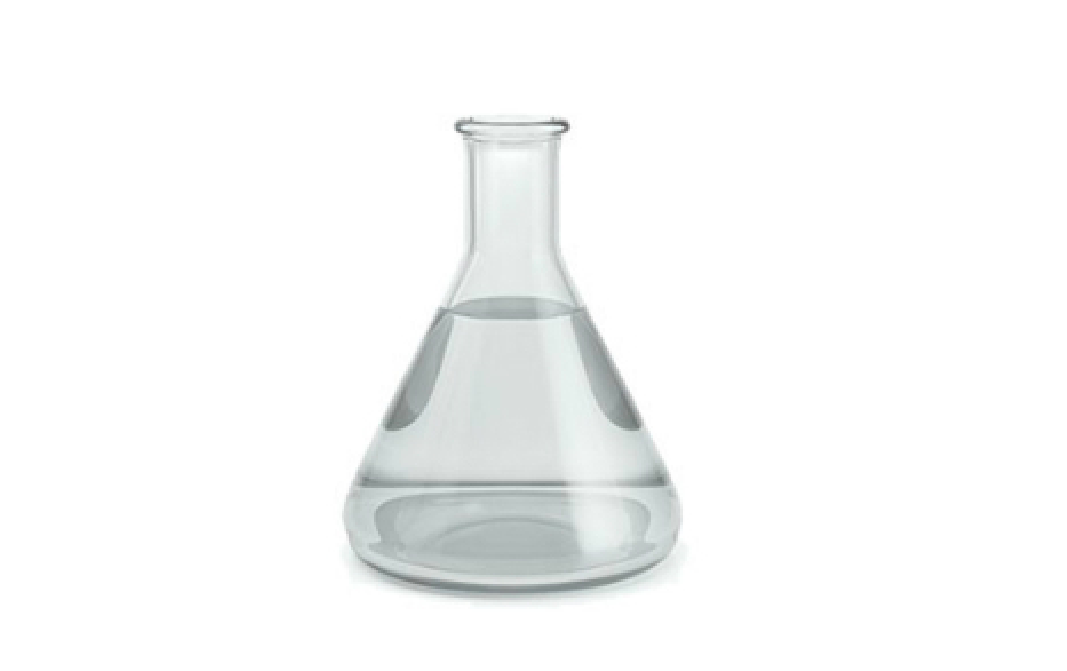


It supports the body in the release of energy from food and increases physical endurance of athletes and sportsmen. (1)
It provides valuable support during the hypoxic phase of training. (1)
It can relieve the symptoms of chronic fibromyalgia reducing pain. (1)
Read the label carefully before buying malic acid and also check for the "use-by" date.
Malic acid may cause nausea, headaches, diarrhea and allergic reactions. It should not be used for self-care without doctor’s consultation.(2)
- Disclaimer
"Information here is provided for discussion and educational purposes only. It is not intended as medical advice or product or ingredient review/rating. The information may not apply to you and before you use or take any action, you should contact the manufacturer, seller, medical, dietary, fitness or other professional. If you utilize any information provided here, you do so at your own risk and you waive any right against Culinary Communications Private Limited, its affiliates, officers, directors, employees or representatives.”
Description
Malic acid is an organic compound which is found naturally in pears and apples. It is produced naturally in the body when carbohydrates are converted into energy. Malic acid is often present in the label of the food, but it is not dangerous or toxic to human health. Its purpose is to increase the acidity of food, giving more flavour, but it is also used as a flavouring substance and colour stabilizer. In food, malic acid may be used to acidify or flavor foods or prevent food discoloration. Malic Acid is used as a flavor enhancer in food preparation for confectionaries, beverages, fruit preparations and preserves, desserts, and bakery products.